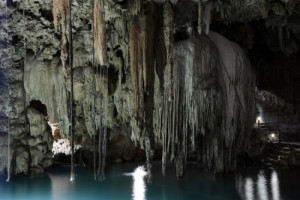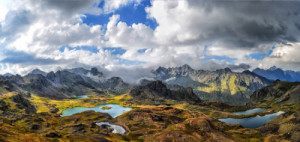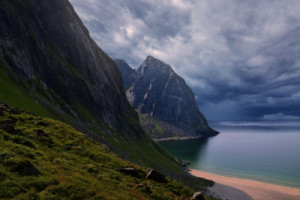A LITTLE TO KNOW ABOUT TOGO
Togo, located in West Africa, has a rich and complex history shaped by indigenous cultures, colonialism, and post-independence struggles.
Early History
Before colonialism, the region that is now Togo was home to several ethnic groups, including the Ewe, Mina, and Tem people. These groups established vibrant kingdoms and societies, such as the Togoville kingdom, known for its trade and cultural significance. The area also played a key role in the transatlantic slave trade, with many people from Togo being forcibly taken to the Americas.
European Colonial Era
In the late 19th century, European powers scrambled for control over Africa. Germany established a protectorate over Togo in 1884, making it a German colony known as German Togo. The colony was economically important, producing crops like cocoa, coffee, and cotton, which were cultivated using forced labor. Following Germany’s defeat in World War I, Togo became a League of Nations mandate and was divided between France and Britain.
The French controlled the larger portion of Togo, which became French Togo, while the British controlled a small part along the coast (today’s British Togoland, which later merged with Ghana in 1957).
Path to Independence
French Togo began moving toward independence after World War II. Political activism increased, led by the emergence of leaders like Sylvanus Olympio, who called for greater autonomy and independence. Togo gained full independence from France on April 27, 1960, with Olympio becoming the first president.
Post-Independence and Political Instability. The early years of independence were marked by political instability. Over the decades, the country has faced numerous challenges and milestones in its pursuit of political stability, economic growth, and social progress.




